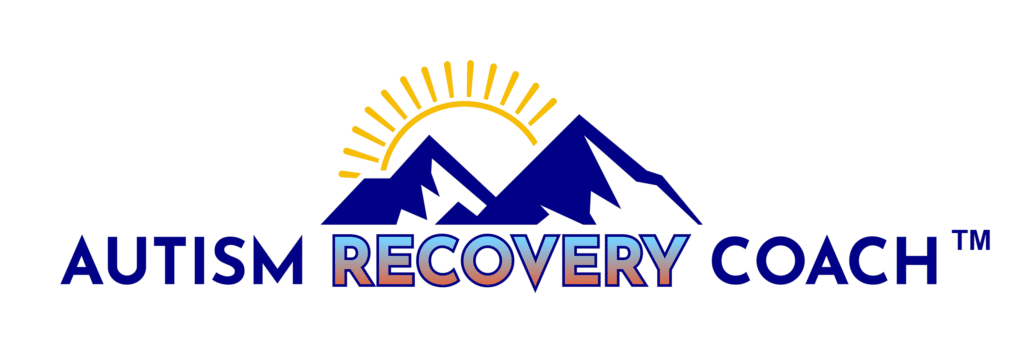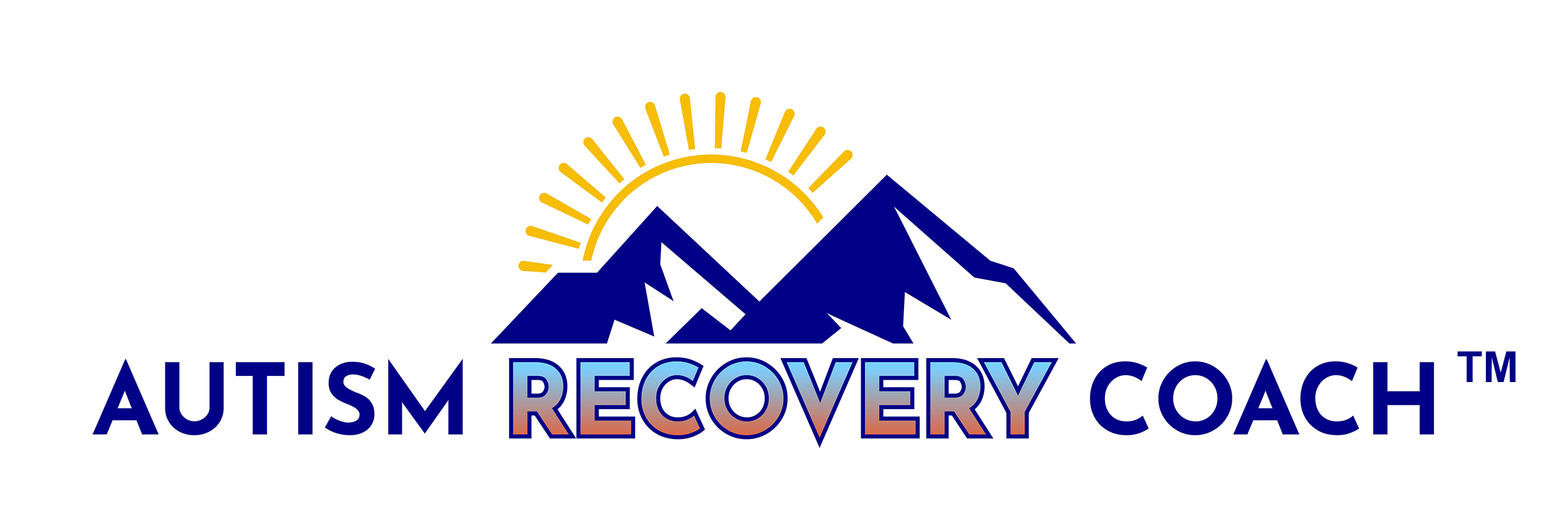Growing up with a sibling is a journey marked by shared laughter, squabbles, and a unique bond that transcends time. However, when caring for a child with autism, the dynamics within the household undergo a distinct transformation. Amidst the challenges and triumphs of raising a child with autism and exploring autism recovery options, the experiences of their siblings often remain unsung.
Siblings Can Share Underlying Struggle
Siblings of children with autism navigate a world that demands patience, understanding, and resilience. From an early age, they may witness the struggles their sibling faces in communication, social interactions, and daily routines.
This exposure can lead to a range of emotions, from empathy and compassion to frustration and confusion. Moreover, the attention and resources devoted to the child with autism can inadvertently make the siblings feel neglected or overshadowed.
Though the neurotypical sibling of a child with autism may not appear to struggle with the same hurdles as their affected sibling, it is a fact that biological siblings of children with autism share many of the same underlying challenges.
While there is certainly a social dynamic involved in this phenomenon, it is the opinion of the Autism Recovery Coach that the majority of this phenomenon is explained by the very similar genetics and environmental exposures shared among siblings.
Neurotypical siblings’ struggles can seem to pale in comparison to a person diagnosed as being on the autism spectrum, yet it is very common for mild presentation of autism symptoms such as digestive issues, focus and attention challenges, and difficulty regulating mood to appear in the sibling of a child diagnosed with ASD as well.
Since dietary and biomedical interventions work primarily via genetic and epigenetic mechanisms, many of which are shared amongst siblings, these approaches are often helpful when applied similarly to neurotypical siblings. It must be emphasized that it is important for each individual to be assessed for their unique requirements and not given a protocol designed for someone else. You may wish to speak to your health coach about whether a regiment is appropriate for your child’s sibling or close family member.
Building Empathy and Understanding
Fostering a positive sibling relationship begins with fostering empathy and understanding. Parents play a pivotal role in facilitating open conversations about autism, helping siblings comprehend the unique challenges their brother or sister faces. Educational materials and age-appropriate discussions can empower siblings with knowledge, dispelling misconceptions and fostering acceptance.
Celebrating Differences
Siblings of children with autism often find themselves in situations that demand flexibility and adaptability. Encouraging an atmosphere that celebrates differences rather than focusing on limitations can be transformative. Emphasizing the strengths and talents of each family member creates an environment where everyone feels valued and appreciated.
Support Networks Matter
Recognizing the unique needs of siblings, support networks become essential. Whether through support groups, counseling, or educational resources, siblings benefit from spaces where they can share their experiences and feelings without judgment. These networks also provide a platform for parents to gain insights into their children’s perspectives and concerns.
Quality Time for All
Balancing the demands of caregiving can be challenging, but it is crucial to allocate quality time for every family member. Siblings need individual attention and activities that cater to their interests. This not only nurtures their personal growth but also reinforces their sense of importance within the family unit.
The Strength in Unity
While challenges are inherent, the bond between siblings of children with autism can be exceptionally strong. These siblings often develop unique qualities such as patience, compassion, and resilience. As parents and caregivers, recognizing and appreciating these strengths can contribute to a more harmonious family dynamic.
The siblings of children with autism are the unsung heroes in the narrative of autism. By acknowledging their experiences, understanding their needs, and providing the necessary support, caregivers can nurture relationships that are not defined by challenges but strengthened by unity and love.
Looking for professional autism coaches?
Get in touch with Autism Recovery Coach. Partner with me for personalized early intervention guidance as I offer a diverse array of autism treatments, including Methyl-B12 autism recovery services and specialized therapy.
Reach out today to get started.



